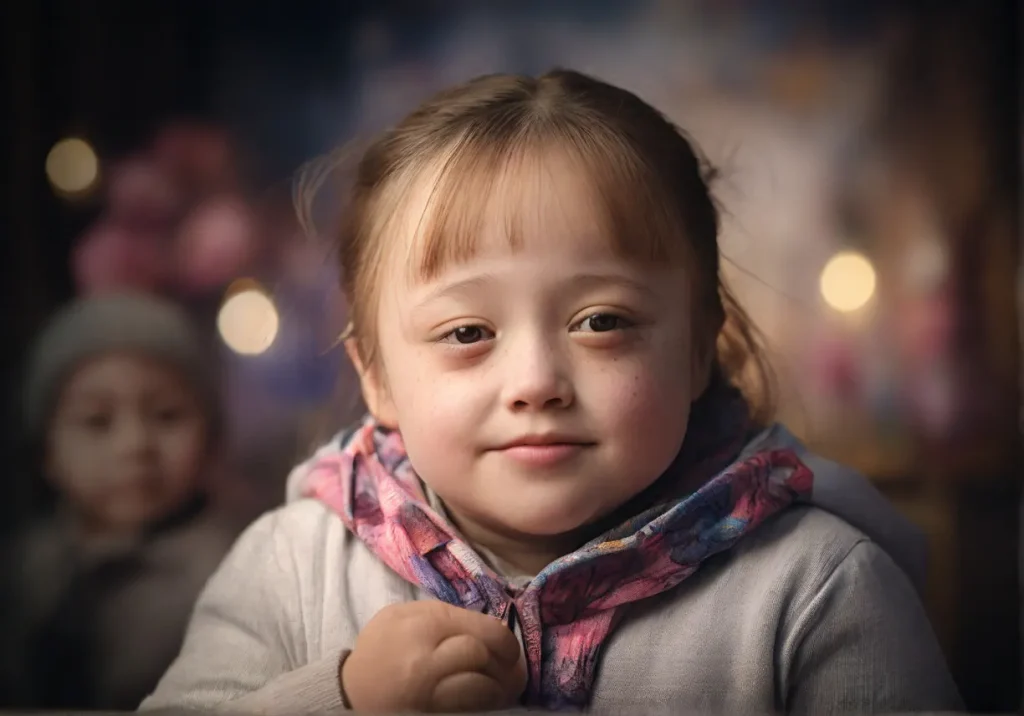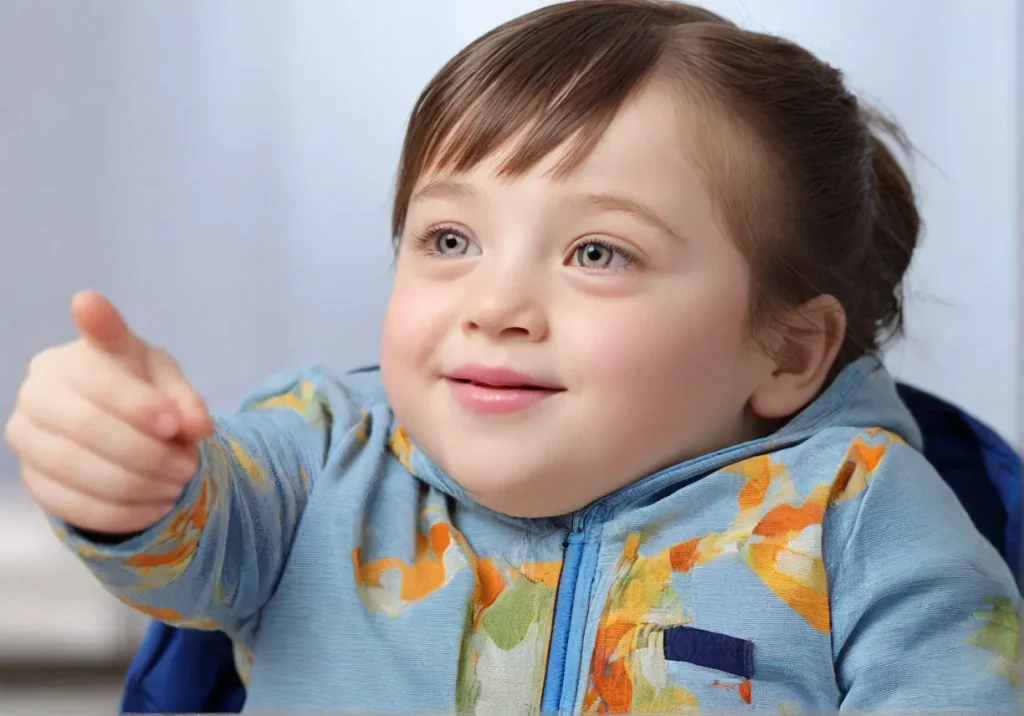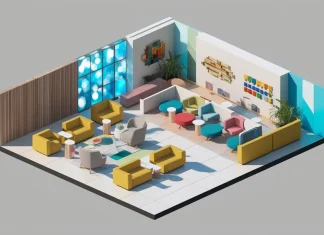Children With Down Syndrome
Down syndrome is a genetic condition that affects individuals from birth, causing developmental and intellectual disabilities. Early detection plays a crucial role in providing appropriate care and support for children with Down syndrome. Understanding the signs and symptoms, seeking timely diagnosis, and accessing available resources are essential for families navigating this journey.

Understanding Down Syndrome
Down syndrome, also known as trisomy 21, occurs when there is an extra copy of chromosome 21. This additional genetic material alters the course of development, leading to characteristic features and potential health issues. There are three main types of Down syndrome: trisomy 21, translocation Down syndrome, and mosaic Down syndrome.
Signs and Symptoms
Physical characteristics associated with Down syndrome include almond-shaped eyes, a flattened facial profile, and a single crease across the palm. Additionally, individuals with Down syndrome may experience delays in motor skills, speech development, and cognitive abilities. Monitoring developmental milestones is crucial for early identification and intervention.
Diagnosis
Prenatal testing options such as non-invasive prenatal screening (NIPS) and amniocentesis can detect the presence of Down syndrome during pregnancy. Following birth, doctors may perform genetic testing, including chromosomal analysis, to confirm a diagnosis. It’s important for parents to discuss testing options and potential outcomes with healthcare providers.
Who is at Risk?
While advanced maternal age is a known risk factor for Down syndrome, it can occur in pregnancies at any age. Other risk factors include a family history of the condition or parental translocation of chromosome 21. Genetic counseling can provide personalized information about individual risk factors and options for testing.

Seeking Professional Help
Consulting with healthcare providers, including pediatricians, genetic counselors, and developmental specialists, is essential for comprehensive care. These professionals can offer guidance on medical management, early intervention services, and community resources tailored to the needs of children with Down syndrome and their families.
Early Intervention and Treatment
Early intervention services, such as physical therapy, speech therapy, and occupational therapy, can address developmental delays and promote independence. Educational support through individualized education programs (IEPs) and special education services is crucial for maximizing learning potential and social integration.
Caring for a Child with Down Syndrome
Caring for a child with Down syndrome can be both rewarding and challenging. It’s important for parents to prioritize self-care and seek emotional support when needed. Building a strong support network, including family, friends, and support groups, can provide encouragement and practical assistance.
Community and Support Groups
Connecting with other families affected by Down syndrome can offer valuable support and camaraderie. Local and online support groups provide opportunities to share experiences, access information, and advocate for inclusive policies and services. Additionally, participating in awareness events helps raise public understanding and acceptance.
Dispelling Myths and Misconceptions
Misconceptions about Down syndrome can perpetuate stigma and hinder social inclusion. By dispelling myths and highlighting the abilities and contributions of individuals with Down syndrome, we can foster a more inclusive society. Every person deserves to be valued and respected for who they are, regardless of their abilities or differences.
Embracing Differences
Promoting inclusivity involves recognizing and celebrating the unique strengths and talents of individuals with Down syndrome. By creating inclusive environments in schools, workplaces, and communities, we can empower individuals with Down syndrome to thrive and contribute meaningfully to society.
Lifestyle Considerations
Adapting home environments and daily routines to accommodate the needs of a child with Down syndrome promotes independence and autonomy. Encouraging participation in recreational activities and hobbies fosters socialization and self-expression. Emphasizing strengths and abilities builds confidence and resilience.
The Journey Ahead
The journey of raising a child with Down syndrome is filled with both challenges and joys. By embracing each milestone and supporting one another along the way, families can navigate this path with resilience and optimism. Celebrating achievements, no matter how small, reinforces the value of every individual’s journey.

Conclusion
In conclusion, early detection and intervention are key factors in supporting children with Down syndrome and their families. By understanding the signs and symptoms, seeking timely diagnosis, and accessing available resources, families can provide the best possible care and opportunities for their loved ones. Together, we can create a more inclusive and supportive world for individuals with Down syndrome.
FAQs
- What are the common physical characteristics of Down syndrome?
Individuals with Down syndrome often have almond-shaped eyes, a flattened facial profile, and a single crease across the palm of the hand.
- At what age can Down syndrome be diagnosed?
Down syndrome can be detected during pregnancy through prenatal testing or confirmed shortly after birth through genetic testing.
- What support services are available for families of children with Down syndrome?
Families can access a range of support services, including early intervention programs, educational support, and community resources.
- Can individuals with Down syndrome lead independent lives?
With appropriate support and accommodations, many individuals with Down syndrome can lead fulfilling and independent lives, pursuing education, employment, and personal goals.
- How can I help promote awareness and acceptance of Down syndrome?
You can participate in awareness events, advocate for inclusive policies, and challenge stereotypes and misconceptions about Down syndrome in your community



























